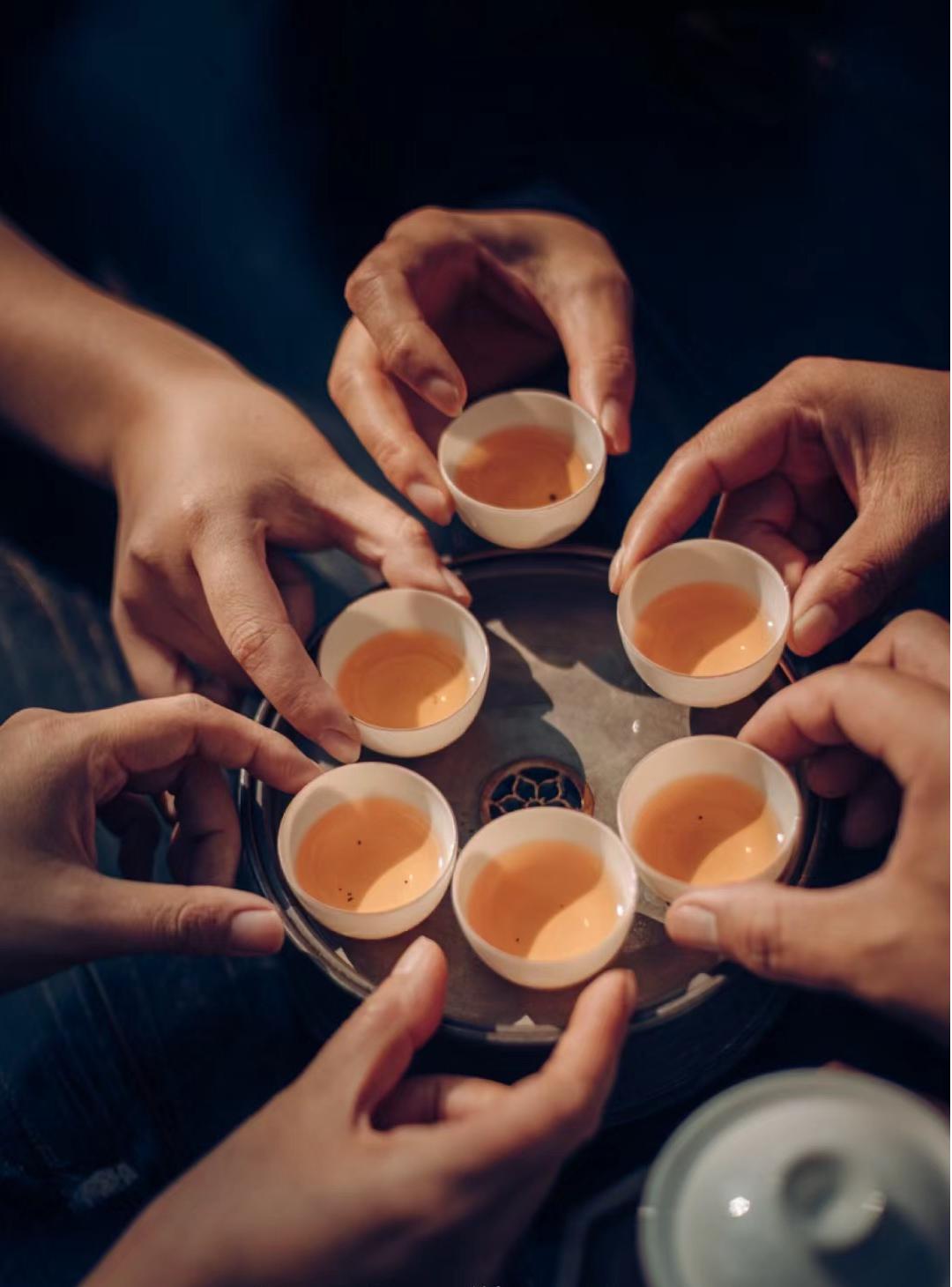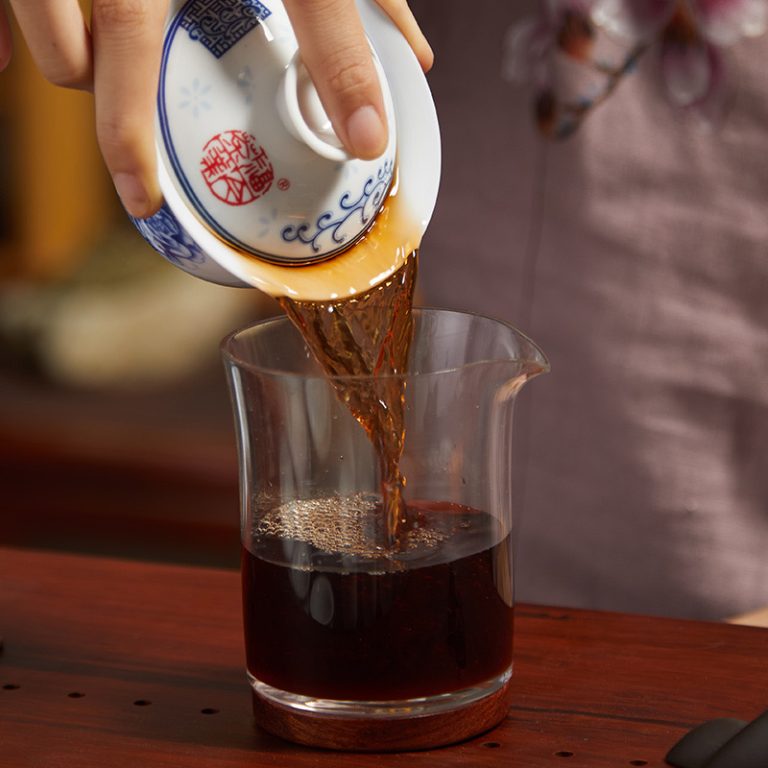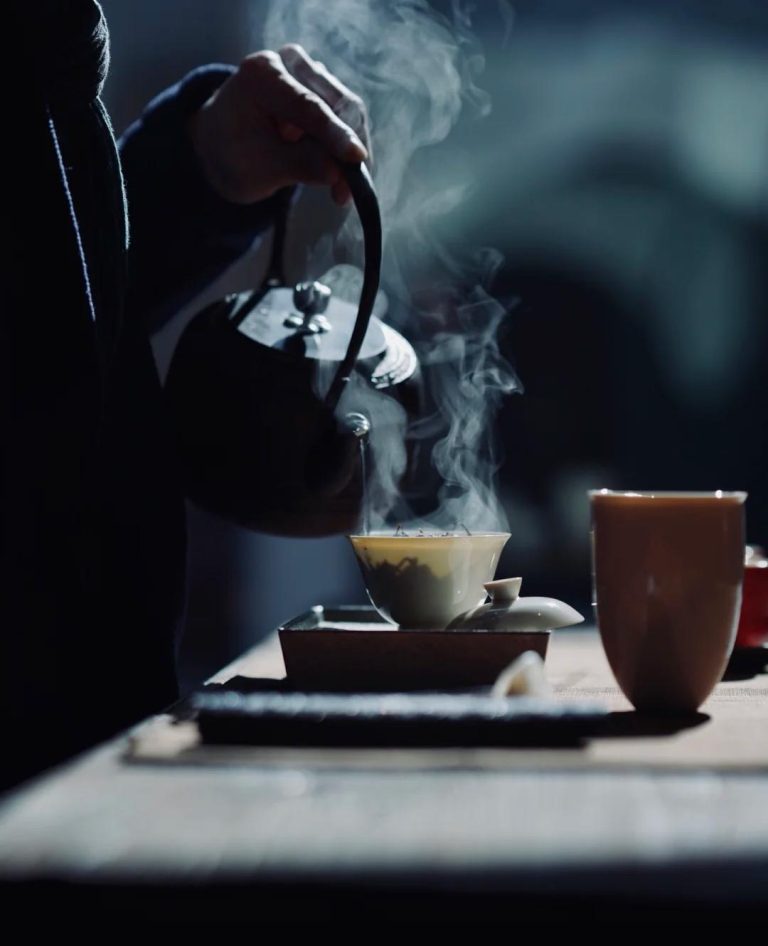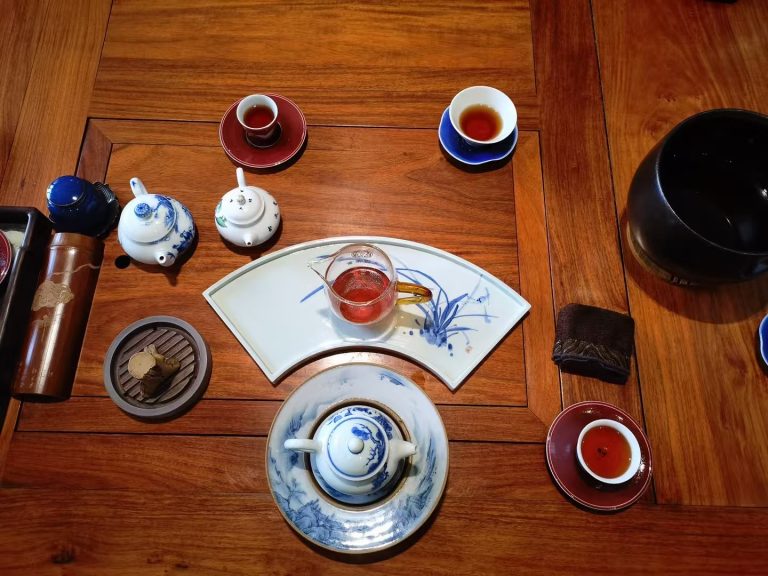
Ever noticed how tea gatherings can feel so relaxed, even when people barely know each other?
Or how a single pot of tea seems to bring everyone together, creating conversation, connection, and calm?
In China, tea has been doing this for centuries.
From family gatherings to business negotiations, Chinese tea culture is deeply woven into social life.
Let’s dive into how this ancient practice influences daily interactions, fosters connection, and builds respect across generations and communities.
Understanding the Roots of Chinese Tea Culture
Chinese tea culture isn’t just about drinking tea.
It’s about a sense of harmony and shared respect.
Dating back to the Tang Dynasty (618–907 AD), tea has been cherished not only for its taste but also for its ability to connect people.
Whether at home, in tea houses, or at official ceremonies, the act of serving and drinking tea creates a sense of warmth and mutual respect.
Tea and Social Gatherings: Bringing People Together
When it comes to socializing, tea plays a central role in China. Here’s how:
- Family Gatherings
- At home, tea is often the first thing served to guests.
- It’s a welcoming gesture and a way to show care, with each cup reflecting the host’s warmth.
- Friendship and Celebrations
- Tea isn’t limited to family – it’s a go-to drink for friends catching up, often enjoyed in tea houses that encourage conversation and relaxation.
- Special teas are even shared at celebrations like weddings and festivals, symbolizing good fortune and health.
- Business Meetings
- Tea isn’t just for casual gatherings – it’s also a sign of respect in professional settings.
- Offering tea at the start of a meeting sets a friendly tone, signaling goodwill and open communication.
In short, sharing tea creates a relaxed environment that puts everyone at ease.
The Art of Serving Tea: A Gesture of Respect
In Chinese tea culture, the way tea is served says a lot about respect and intention.
- Pouring for Others First
- Whether with family or colleagues, the host pours tea for others before themselves.
- This small gesture is a sign of respect, showing that guests come first.
- Bow or Nods of Gratitude
- Often, when someone receives a cup, they’ll tap the table lightly with their fingers as a gesture of thanks.
- It’s a subtle but powerful way to show appreciation without interrupting the flow of conversation.
- Using High-Quality Tea
- The choice of tea matters. Serving high-quality tea is a mark of thoughtfulness, showing that the host values their guests.
Tea Houses: The Social Hub of Traditional and Modern Life


Tea houses have been a staple of Chinese social life for centuries.
- A Place for Community
- Traditionally, tea houses were where people gathered to discuss news, share stories, and enjoy live performances.
- It was an open space for people of all backgrounds to come together, connected by their love of tea.
- Modern Adaptations
- Today, tea houses blend tradition with modernity, providing both a serene space for solo tea drinkers and communal tables for group conversations.
- Many modern tea houses offer tea classes and tastings, helping younger generations learn and connect with the cultural roots of tea.
In these settings, tea isn’t just a beverage – it’s a shared experience that bridges past and present.
Tea and Important Life Events
In Chinese culture, tea is part of life’s major milestones, from weddings to ceremonies honoring elders.
- Tea Ceremonies at Weddings
- Serving tea to elders during a wedding is a tradition that signifies respect and acceptance.
- The bride and groom offer tea to their parents, who then offer blessings for a happy life together.
- Tea for Ancestors and Elders
- On holidays and during ceremonies, people often serve tea to honor their ancestors, paying respect to those who came before.
- In families, it’s common for younger members to serve tea to elders as a sign of respect, reinforcing family bonds and shared values.
In these traditions, tea becomes more than just a drink – it becomes a symbol of honor and unity.
How to Bring the Spirit of Chinese Tea Culture into Your Own Life
Even if you’re not in China, you can bring some of this tea culture into your everyday life.
- Create a Tea Ritual
- Set aside a few minutes to make tea without any rush. It’s a great way to create calm in a busy day.
- Invite Friends for Tea
- Instead of meeting over coffee, invite friends or family for tea. Let the conversation flow over a few cups, and watch how relaxing it can be.
- Show Appreciation with a Small Gesture
- Next time someone serves you tea, try tapping the table lightly to say thank you – it’s a simple way to show gratitude.
In China, tea isn’t just a drink – it’s a way of connecting.
From family traditions to business deals, Chinese tea culture brings people together, building respect, harmony, and shared moments.
Whether you’re meeting with friends or sharing tea at home, bringing a bit of this ritual into your life can make each moment more meaningful.
After all, tea isn’t just a cup – it’s a culture that celebrates connection and respect.












